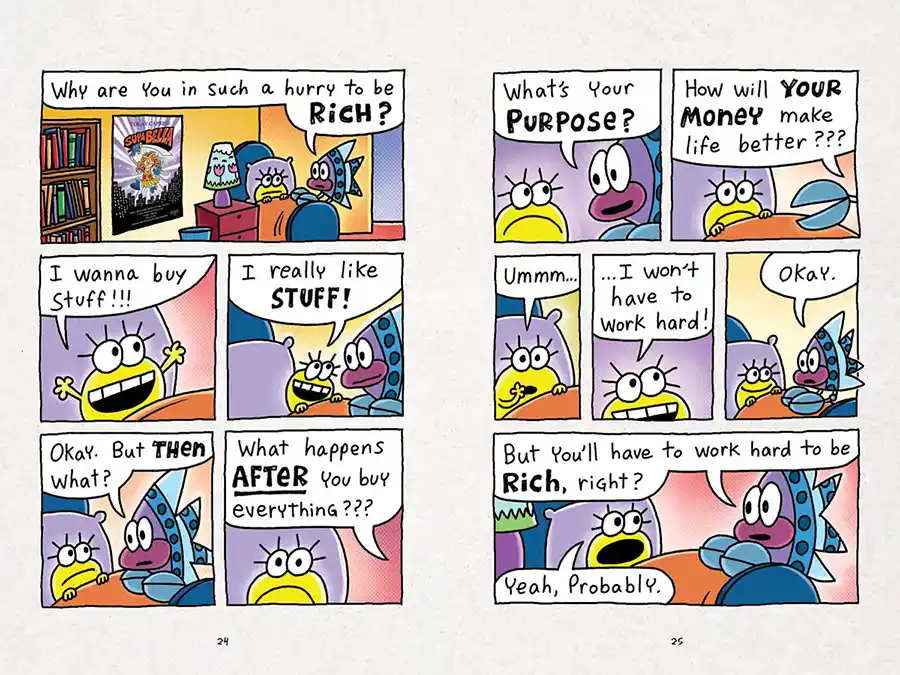
This past year I’ve been thinking a lot about meaningful work, trying to square my own work as a web developer with my personal values and the impact I want to have on the world.
It feels especially necessary during a time when multiple crises are engulfing the world — the climate crisis and its knock-on effects, war, extreme poverty, and the displacement of people affected by all of these — to reflect on how we can contribute a net good to society. For me, that manifests itself in examining my choices (of technology, of career opportunities, of the freelance assignments I take on) through that lens, as well as choosing to prioritise the people and communities precious to me (online and offline), instead of chasing social media engagement. Sometimes it means standing up for my beliefs, or advocating for others who need to be heard.
Like many others, I’ve fallen a little out of love with technology and its shiny promises of quick fixes to our problems, now that we’re increasingly seeing what it’s capable of in the hands of a few entitled billionaires. But I’m discovering healthy pockets of tech criticism, particularly in the web standards and web sustainability communities, which gives me hope. And spending more time offline gives me a better perspective on how the products and services we build fit into the real world — how they can help people, and where they fall short.
I haven’t got it all figured out, and will doubtless fail to hit my lofty goals from time to time. But one thing’s for certain: we can’t do this alone. Meaning comes from connections, and connections make things happen. And as developers, connecting things is what we do.
It all means nothing in the end
Amy Hupe’s talk at State of the Browser this year, titled ‘It all means nothing in the end’ really struck a chord, and is one of the most insightful talks I’ve seen recently. It came at the perfect time, and there were so many moments when I found myself nodding along. I highly recommend watching it.
The Luddites had a point
Recently there has been a reframing of the term “luddite” as people begin to question the narrative around technological progress and who it really serves. There’s a great episode of Tech Won’t Save Us, a podcast that looks critically at the tech industry, where Paris Marx interviews Brian Merchant about his new book on the history of the Luddites. It’s a great reminder of how important it is to challenge the stories sold to us by powerful tech companies.
Current reading: Doppelganger
I’m reading Naomi Klein’s new book, ‘Doppelganger’, which explorers how conspiracy theories, misinformation and far-right views gain traction online. She also notes how the personal brands or digital selves we build online are polished versions of ourselves, where we feel we can exert some sort of control, while what we really need is to build ideas, to organise collectively. She asks:
What aren’t we building when we are building our brands?
Webmentions for this page
About webmentionsLikes: 0
Reposts: 0
Mentions: 2